History, Vision, Mission
Our pastand pathforward.
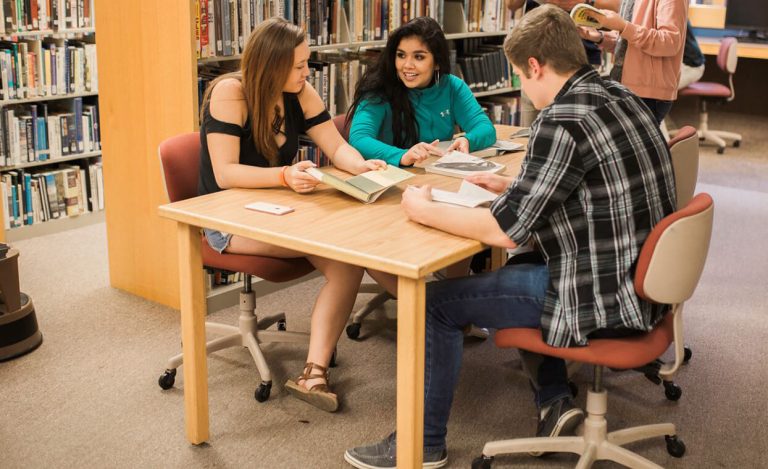
Six campuses. Endless possibilities.
Minnesota North College is collection of six campuses in northeastern Minnesota with campuses in Hibbing, Grand Rapids, Eveleth, Virginia, Ely, and International Falls.
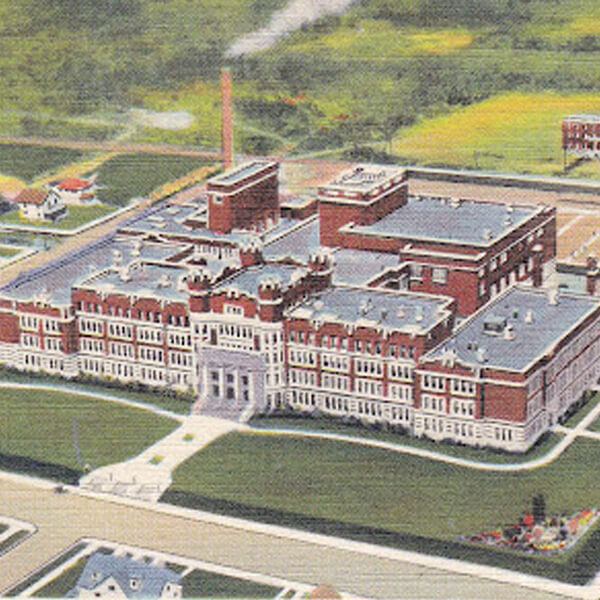
Hibbing Campus
Previously named Hibbing Community College, founded in 1916.

Itasca Campus
Previously named Itasca Community College, founded in 1922.

Mesabi Range Campuses
Previously named Mesabi Range College, founded in Eveleth in 1918 and Virginia in 1921.

Rainy River Campus
Previously named Rainy River Community College, founded in 1967.
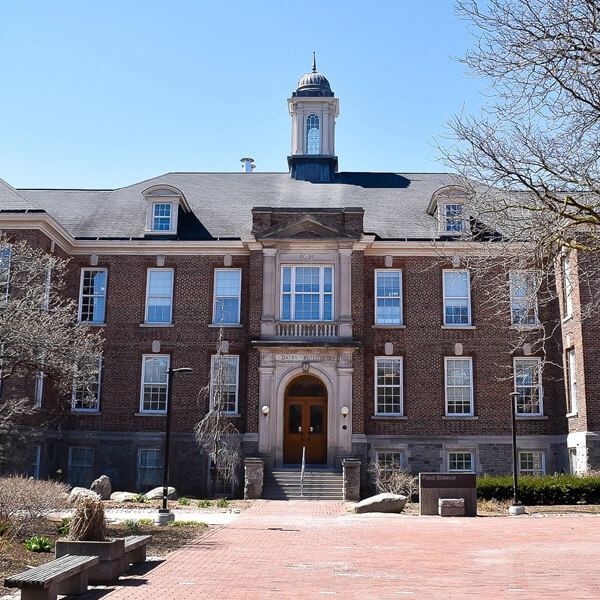
Vermilion Campus
Previously named Vermilion Community College, founded in 1922.
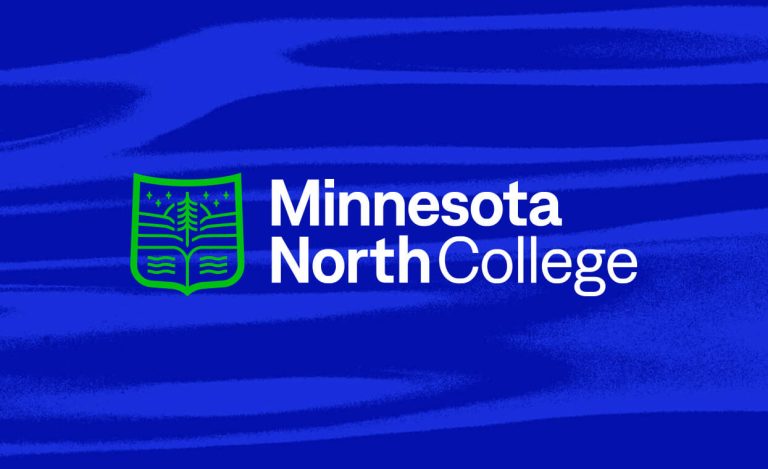
Minnesota North College
The five colleges unite to become Minnesota North College in 2022.
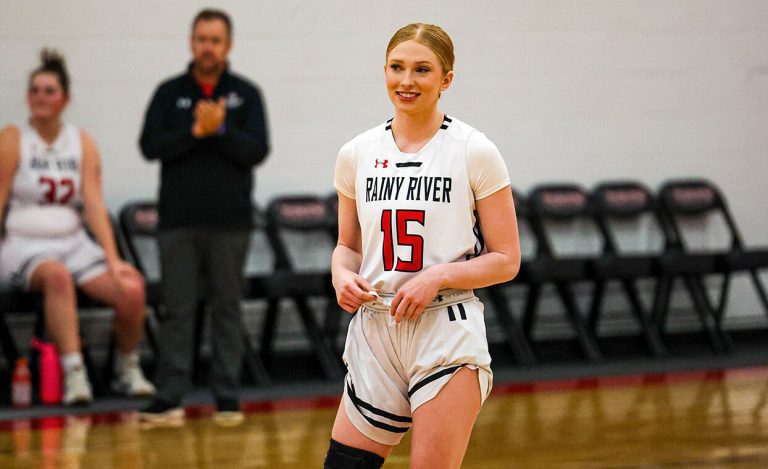
College Athletics
We have a rich history of athletic programs with our six campuses.

Get the facts.
Get to know Minnesota North by the numbers. See critical statistics that help describe our college.
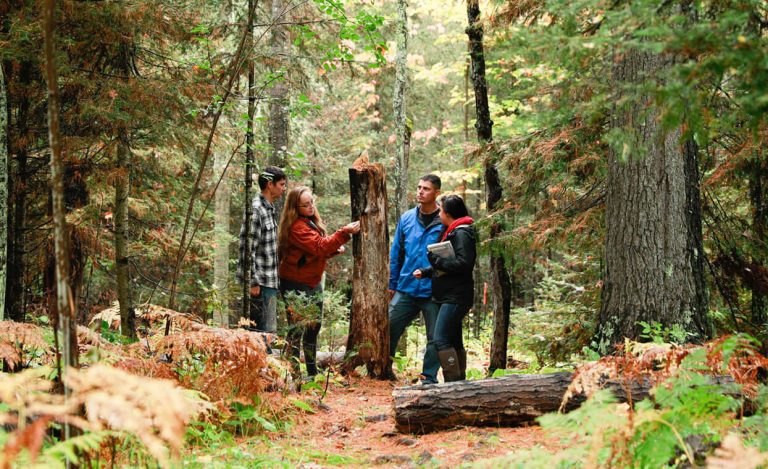
About Us
Want to learn more about Minnesota North College?
Letter from the President
You’re invitedto Head North.
Until May 2022, all of the campuses listed above operated as individually accredited colleges. Over the span of the last two of decades, both through necessity and new opportunity, the colleges collaborated in many ways, eventually coming together to share administrative leadership as well as human resources and business services functions.
After extensive academic and strategic planning, the decision to merge into one singly accredited institution with six campuses was made with the best interest of our communities and especially our students in mind. Dedicated staff and faculty leaders at all of our campuses and at the Minnesota State system office worked tirelessly to insure a seamless transition of operations and services, enabling us to offer the absolute best education to you – our students and stakeholders.
In February 2022, our accrediting body, the Higher Learning Commission, approved our Change of Control application. A few weeks later, the Minnesota State College and Universities Board of Trustees also officially approved the merger to operate as Minnesota North College – one college with six campuses. Minnesota North College welcomed its first cohort of students in the fall semester of 2022.
While this was an extraordinary new beginning to celebrate, our dedication to continuing our role as educational leaders, partnering with local schools, businesses, industry, and government to create opportunities for students and our region remains steadfast. We look forward to serving you long into the future, so I’m excited to invite you to Head North and join us at Minnesota North College.
Sincerely,
Dr. Michael Raich
Our Mission
Minnesota North College prepares lifelong learners and engaged citizens through inclusive, transformative experiences reflecting the character and natural environment of the region.
Our Vision
Minnesota North College will be the premier provider of life-changing education and the catalyst for regional prosperity.
Our Values
Access and Opportunity
We provide access to transformative education, equipping all learners to achieve their goals.
Community Engagement
We collaborate and build relationships within our communities to support and enrich our region.
Equity and Inclusion
We advance equity and social justice, striving to build more diverse, equitable, and inclusive communities.
Environment and Culture
We explore the history, culture, and natural surroundings of our region, recognizing their contributions to our unique learning environment.
Growth and Learning
We create a safe learning community that cultivates personal growth, critical thinking, and self-reflection.
College Learning Outcomes
How we prepare our students for the future.
Communicate Effectively: Students will apply writing, speaking, reading, and listening skills to effectively convey information and ideas.
Demonstrate Critical Thinking and Problem Solving: Students will apply critical thinking and problem-solving skills to comprehensively explore ideas and form conclusions.
Practice Ethical Citizenship: Students will explain complex issues from multiple perspectives and engage in activities that positively impact their community and environment.
Integrate and Apply Learning: Students will demonstrate acquired skills, knowledge, and abilities across their curricular and co-curricular experiences.






